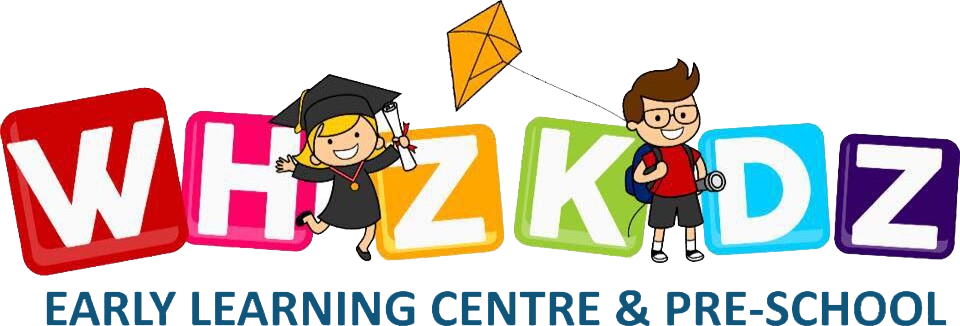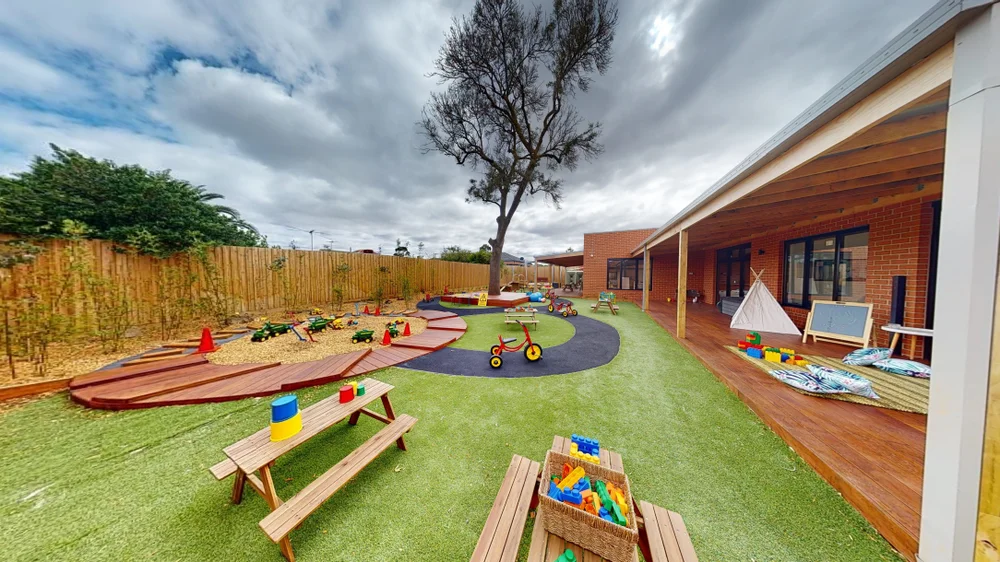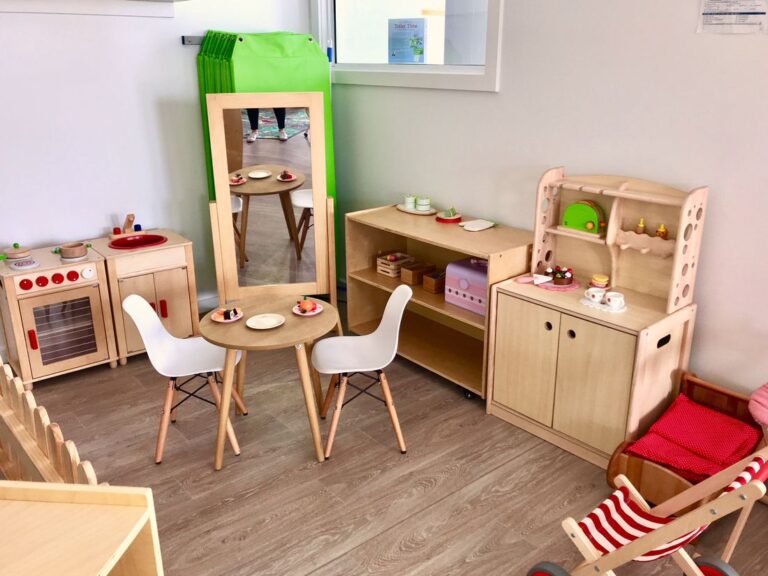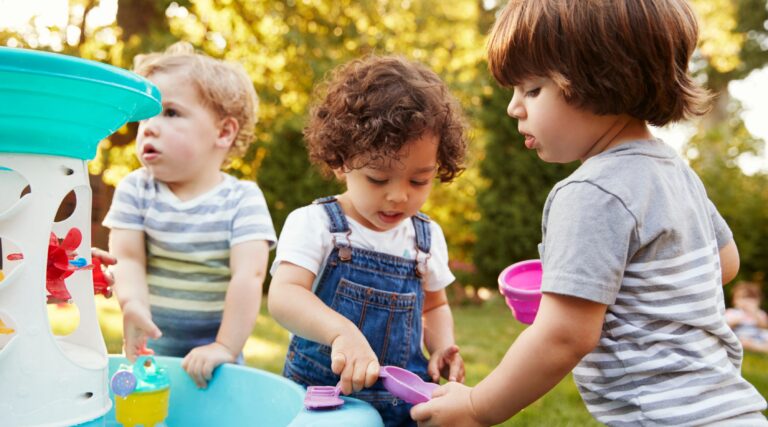The Importance of Free Play For Young Children
At Whiz Kidz, we understand that free play is an essential aspect of a child’s development. Whiz Kidz allows your child to safely explore, create, and learn in an unstructured and self-directed manner. This is especially crucial during the early years of childhood. Free play offers numerous benefits, some of which include:
- Cognitive Development: During free play, children engage in activities that promote problem-solving, critical thinking, and imaginative play. They learn to make decisions, experiment with new ideas, and develop their creativity.
- Social Skills: Through free play, children interact with peers, negotiate, share, and cooperate. These interactions help them develop important social skills like communication, empathy, and conflict resolution.
- Physical Development: Many forms of free play involve physical activities, such as running, climbing, and jumping. These activities contribute to the development of motor skills, coordination, and overall physical fitness.
- Emotional Regulation: Free play allows children to express their emotions and practice emotional regulation. They can role-play different scenarios, helping them understand and manage their feelings in a safe environment.
- Language Skills: When engaging in imaginative play, children often create stories, characters, and scenarios. This helps enhance their vocabulary, language comprehension, and storytelling abilities.
- Independence and Decision-Making: In free play, children have the autonomy to make choices, explore interests, and pursue activities that captivate their attention. This fosters a sense of independence and confidence.
- Reducing Stress: Playtime provides an opportunity for children to relax and unwind, reducing stress and anxiety. It allows them to recharge and better cope with challenges.
- Cultural Understanding: Through play, children explore different roles, cultures, and perspectives, fostering an understanding and appreciation for diversity.
- Brain Development: Play activates various areas of the brain, contributing to its overall development and wiring. It stimulates neural connections and aids in the growth of cognitive functions.
- Parent-Child Bonding: Joining children in their free play sessions can strengthen the parent-child bond. Engaging in play together fosters communication and shared experiences.
It’s important to note that while structured activities and learning are valuable, free play should also have a place in a child’s routine. Allowing children to explore and direct their own play experiences empowers them to learn and develop in a holistic manner. This is why we at Whiz Kidz ensure to put time aside each day to give children the freedom to explore, create and learn in a safe environment.







